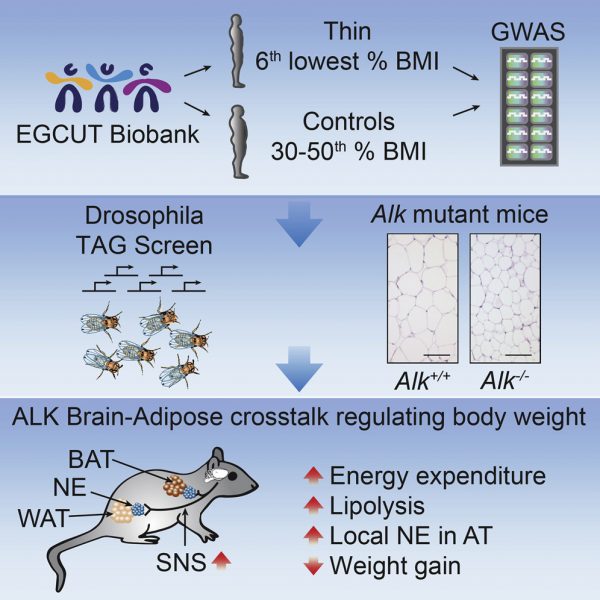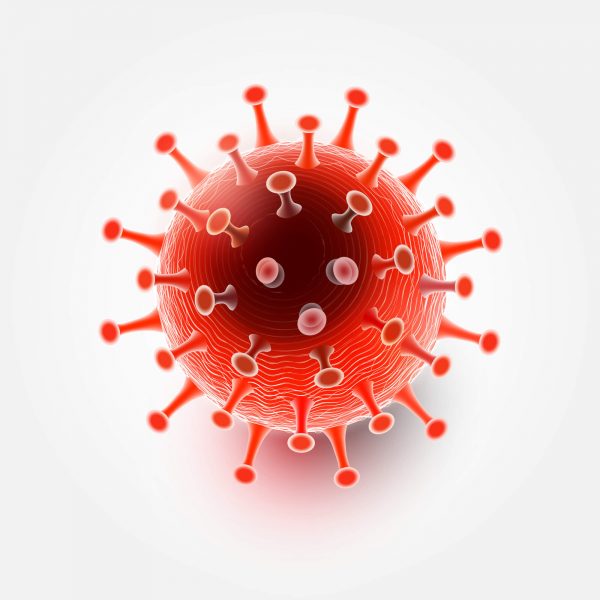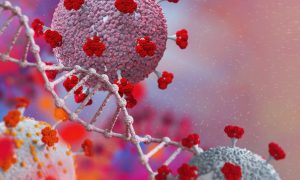Researchers link genetic changes in the region of DNA that define blood type with susceptibility to COVID-19 infections. Blood type O offers a protective effect, while type A is linked to an increased risk of being infected.
More than 8 million people worldwide have been infected with COVID-19. Italy and Spain were hit hard at the peak of the pandemic with these two countries reporting close to 14% of the total number of deaths.
In a new study published in the New England Journal of Medicine, researchers examined the link between COVID-19 disease severity and genetics. They compared the DNA of over 1600 severely affected patients from Italy and Spain to healthy individuals using a genome-wide association study (GWAS).

The goal behind GWAS studies is finding DNA changes that are more prevalent in patient populations compared to healthy individuals. In this study, the researchers found genetic variants in two DNA regions that were significantly associated with severe respiratory failure that required hospitalization.
Association of 2 genetic variants (rs11385942 and rs657152) with increased risk
The researchers identified two genetic variants at higher frequencies in patients who needed a ventilator or supplementary oxygen. They suggested that some of the genes in this region may play a role in a pathogenic feature unique to COVID-19 known as the ‘cytokine-storm.’
Cytokines are signaling molecules released by immune cells that play a role in fighting off infections. During a cytokine-storm, extra cytokines are released—so much that your body will start attacking your own cells. This cytokine-storm has been linked to the severe respiratory symptoms of COVID-19. These two genetic variants may influence the body’s immune response and impact disease severity.
Association of blood type A with increased risk
Genetic data from this study also confirmed the previously reported link between COVID-19 susceptibility and blood type. The data shows that people who belong to the blood group O are at a lower risk of contacting COVID-19 compared to the non-O blood groups. In comparison, people with blood type A are at a 45% higher risk of contracting COVID-19.
The exact link between the genetic variants, blood type, and COVID-19 disease severity is unknown. However, the researchers believe they may be useful for tailoring treatment options for better patient care and even for vaccine design.

Most importantly, this genetic information may be useful for identifying who is at increased risk of COVID-19 morbidity and encourage those who are genetically more susceptible to COVID-19 to be extra vigilant with taking preventative measures to mitigate their risk.
Would you like to see whether you have the markers identified in this paper? Check to see if you carry the rs11385942 and rs657152 genetic variants discussed in this article.
Reference
Ellinghaus, D. Degenhardt, F. Bujanda, L. et al (2020). Genomewide Association Study of Severe Covid-19 with Respiratory Failure. DOI: 10.1056/NEJMoa2020283









